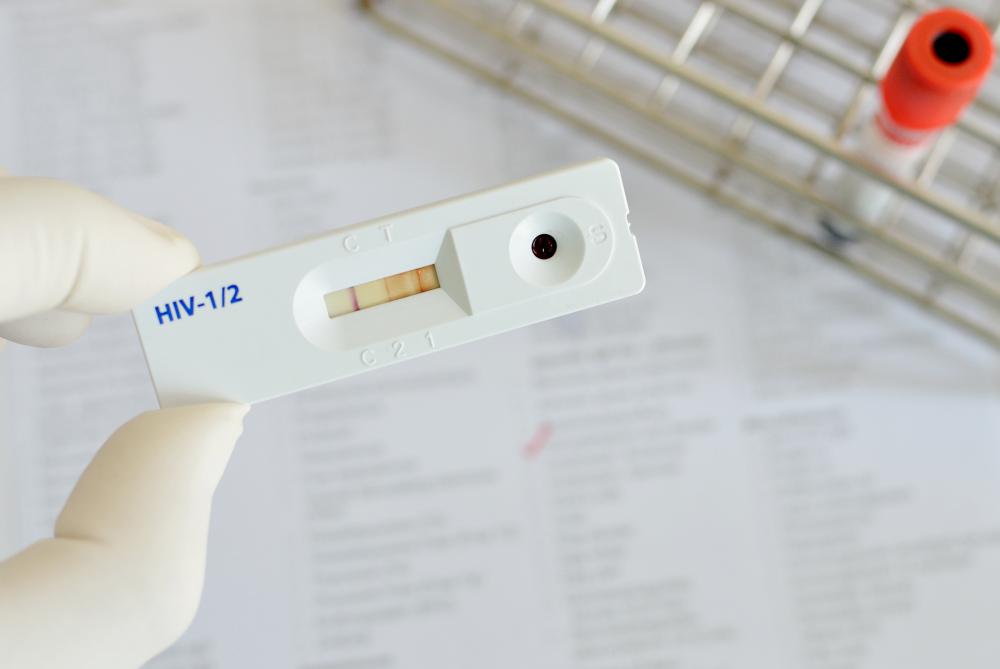At WiseGEEK, we're committed to delivering accurate, trustworthy information. Our expert-authored content is rigorously fact-checked and sourced from credible authorities. Discover how we uphold the highest standards in providing you with reliable knowledge.
How do I Become an Infectious Disease Doctor?
The person wishing to become an infectious disease doctor or what is sometimes called an infectiologist, looks forward to many years of study and training. Like all doctors, a person specializing in infectious disease will need to complete medical school. Thereafter, back-to-back fellowships in internal medicine and infectious disease are required to become board certified. Once certified, these doctors help to diagnose or provide continual treatment for those with serious infectious illnesses like the HIV/AIDs virus or any other contagious condition that has the potential to cause serious harm to the body.
If the goal is to become an infectious disease doctor, people are advised to start early in the high school setting, making certain to get especially good grades in mathematics and science. If possible, taking Advanced Placement courses to get college credits is advisable in subjects like calculus, chemistry, and biology. Students will need a good grade point average to get into a good college.

In undergraduate studies people may have several possible majors. One of these is pre-med, but occasionally people major in things like microbiology. A microbiology major, provided medical schools will accept it, might be a good choice because of its applications in infectious disease.
After graduating from college and taking the medical college admission test (MCAT), students apply to medical school. They’ll spend the next three to four years learning to become doctors. The fourth year is usually an internship year, and students may use this time to decide on specialties. Should a student still want to become an infectious disease doctor, he or she will need to apply to residencies to become a specialist in internal medicine.

Typically, internist residences last about 3-4 years, but the resident desiring to become an infectious disease doctor is not yet finished with studies. The next step is to apply to and be accepted to a fellowship or residency in infectious disease. In places like the US there are slightly over 100 of these, so students will need to have distinguished themselves in residency training programs and will require strong recommendations from their supervisors.

Fellowship programs in infectious disease to become an infectious disease doctor may vary in length. Most are about three years long and some of them give doctors opportunities to specialize in particular types of infectious illness like AIDs by adding on an addition year of study. After all education is complete, the doctor fills out the appropriate paperwork or takes necessary exams for board certification in internal medicine and in infectious disease. Credentialing or certifying agencies may have different requirements for board certification, depending on region.
AS FEATURED ON:
AS FEATURED ON:

















Discuss this Article
Post your comments